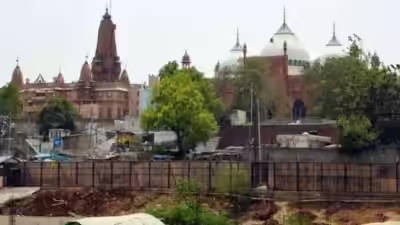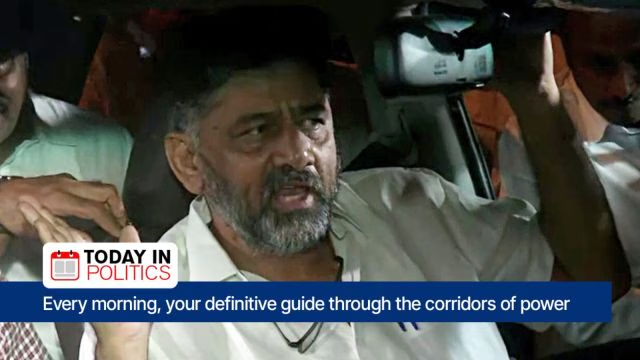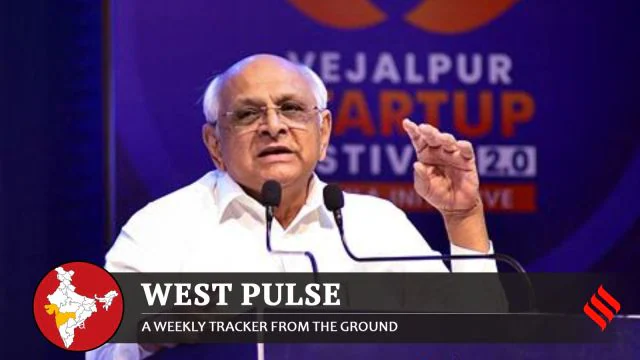In a landmark decision that could influence future litigation regarding holy places in Mathura, the Allahabad High Court disposed of a plea questioning the position of the Shahi Eidgah mosque along the Krishna Janmabhoomi temple complex. The court ruled that the site where the mosque is located is “not a disputed property,” providing temporary reprieve to one among numerous suits seeking to change current arrangements at the 17‑acre complex.
The Petition and Claims
The rejected plea was presented by a Mathura community that claimed that the Shahi Eidgah takes up land traditionally owned by Shri Krishna’s birth site. They prayed for a declaration that the mosque encroaches on part of the ancient Katra Keshav Dev temple and declaration of removal or dismantling of the Eidgah. Petitioners also sought an archaeological survey and court‑supervised excavation to determine original limits.
Court’s Reasoning
As it uttered the order, the one-judge bench noted that the petition was disqualified by a previous compromise agreement signed in 1968 between the Shri Krishna Janmasthan Seva Sansthan (which administers the temple) and the Shahi Eidgah Trust. That agreement, which had been registered in a civil court in 1974, had accepted coexistence of both buildings and described common areas for processions and festivals.
The High Court ruled that the compromise decree has binding legal effect and can’t be challenged by way of a new writ petition. The judge said that opening up decided points would destabilise the “delicate balance” that had been maintained at the site for more than five decades and would add communal tensions.
Background of the Dispute
The Krishna Janmabhoomi–Shahi Eidgah dispute acquired fresh steam following the 2019 Supreme Court ruling on Ayodhya, as it spurred several groups to approach courts with suits pertaining to religious complexes in Varanasi, Mathura, and other locations. In Mathura alone, there are over a dozen cases pending in district and High Courts, each questioning different terms of the 1968 settlement.
Hindu litigants routinely assert that the Mughal-era Shahi Eidgah was constructed over or next to the remains of a pre-existent temple at Lord Krishna’s birthplace. Muslim respondents respond that the Eidgah has been present harmoniously for centuries and emphasize that the Places of Worship Act, 1991—mandating that all places of worship retain their 15 August 1947 status—earmarks the mosque.
Reactions from Both Sides
The Hindu petitioners expressed disappointment but indicated filing a special leave petition in the Supreme Court. Their lawyer contended that “compromise cannot override faith” and demanded a complete trial to confirm historical facts. Meanwhile, lawyers for Shahi Eidgah Trust received the judgment positively, describing it as a “victory for constitutional order.” All concerned were asked to respect the judgment of the court and work towards keeping Mathura peaceful.
Wider Implications
Judges think the ruling is a sign of judicial wariness to turn over centuries‑old religious settlements without beyond‑a‑doubt facts. Judges also note that the ruling underlines the power of consent decrees in property claims, particularly those surrounding sensitive communal properties. Yet, since several cases on comparable grounds are still pending in many courts, the issue is by no means concluded.
What Happens Next
If the petitioners take their case to the Supreme Court, the court will consider whether the issue requires closer scrutiny. In the meantime, district officials have tightened security around the temple‑mosque complex to avert any possible flare‑ups.
For the time being, the Allahabad High Court’s decision maintains the status quo on the Krishna Janmabhoomi premises, underlining that previous settlements—and not fresh litigation—should shape future peace between the two communities.






